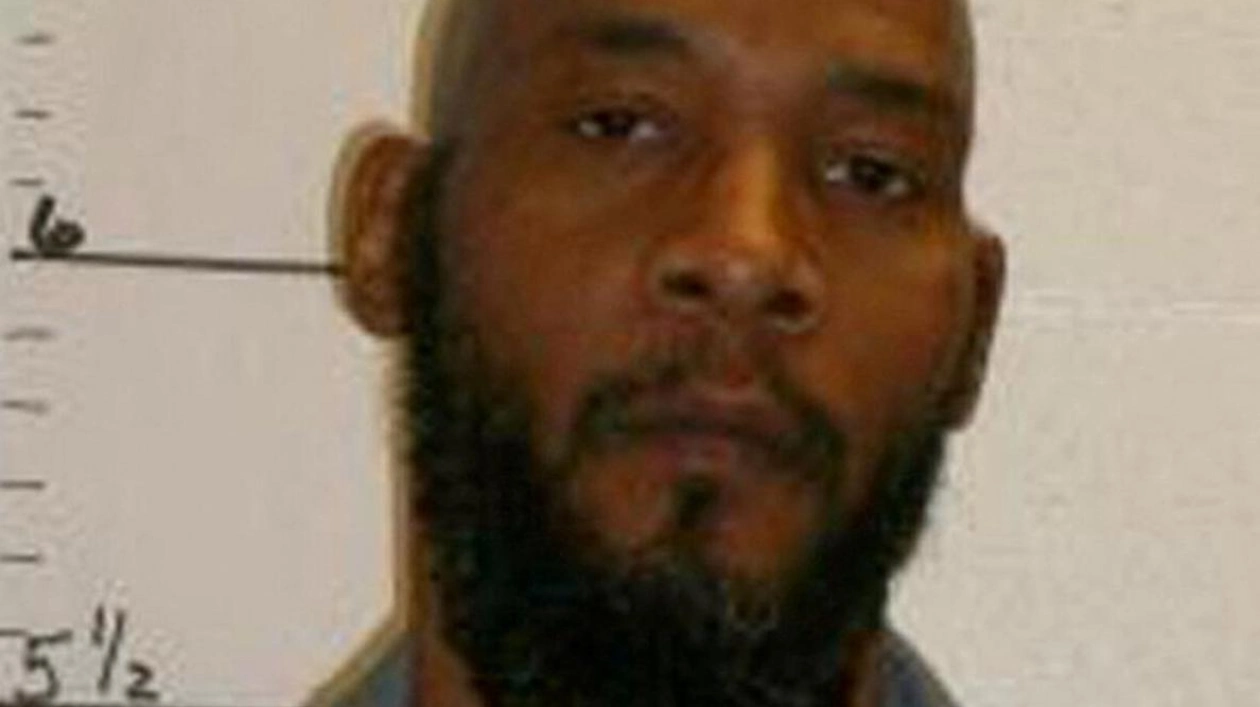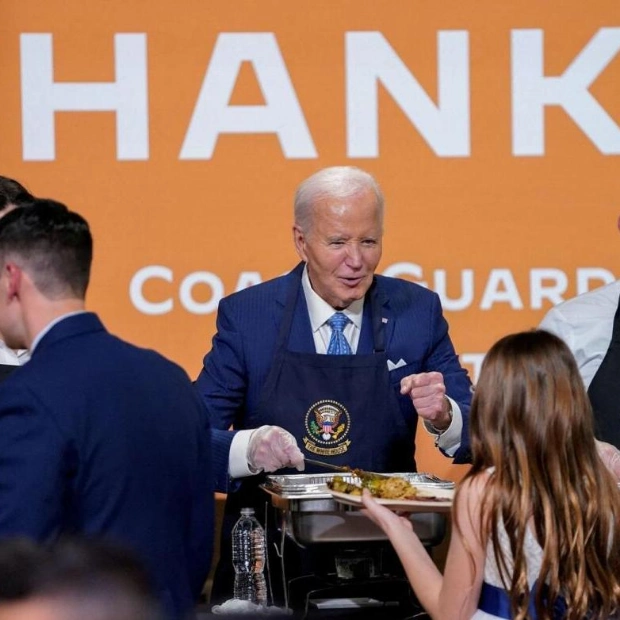A Missouri man was executed on Tuesday, as confirmed by the state's Department of Corrections, despite the prosecutor's office that secured his murder conviction 21 years ago expressing concerns about the case's integrity and the victim's family advocating for his life to be spared.
The US Supreme Court, the final authority that could have stopped the execution, chose not to intervene in the case just hours before Marcellus Williams, 55, was administered lethal injection shortly after 6 pm (11pm GMT) at a prison in Bonne Terre. His death occurred a day after both Missouri Governor Mike Parson and the state's highest court denied his last-minute appeals to avoid execution.
Williams was convicted in 2003 of murdering Felicia "Lisha" Gayle, a former newspaper reporter who was brutally stabbed in her home. He consistently maintained his innocence. St. Louis County prosecuting attorney Wesley Bell, who oversaw the original prosecution, sought to halt the execution due to lingering doubts about the trial's fairness.
In a statement following the execution, Bell emphasized that "if there is even a hint of doubt about innocence, the death penalty should not be considered." Tricia Rojo Bushnell, a lawyer with the Innocence Project who represented Williams, stated that "executing an innocent person epitomizes Missouri's fixation on 'finality' over truth, justice, and humanity, regardless of the cost."
Court documents revealed that Bell questioned the credibility of the two primary trial witnesses, highlighted improper exclusion of Black jurors based on race, and noted that new tests found no DNA evidence linking Williams to the murder weapon. Subsequent DNA tests on the knife revealed traces from a prosecutor and an investigator who handled the weapon without gloves.
Prosecutors and Williams' attorneys reached an agreement in August for him to plead no contest and serve a life sentence. However, the state Supreme Court blocked this deal at the request of Missouri Attorney General Andrew Bailey. A state judge upheld the conviction earlier this month, ruling that the lack of DNA evidence on the knife was insufficient to prove innocence.
The Missouri Supreme Court affirmed this decision on Monday. Governor Parson, a Republican, also rejected Williams' clemency request on the same day. "We hope this brings finality to a case that has dragged on for decades, repeatedly victimizing Gayle's family," Parson stated after the execution. "No juror or judge has ever found Williams' innocence claim credible."
In his clemency petition to the Supreme Court, Williams' lawyers highlighted that Gayle's family believed he should not be executed due to doubts about his guilt and supported his life-in-prison plea deal from August. Laurence Komp and Laine Cardarella, from the Federal Public Defender Office in the Western District of Missouri, who also represented Williams, expressed confusion over why the "acknowledged racial discrimination" in Williams' trial was not addressed.
The death penalty has been abolished in 23 US states, while six others – Arizona, California, Ohio, Oregon, Pennsylvania, and Tennessee – have moratoriums in place.






